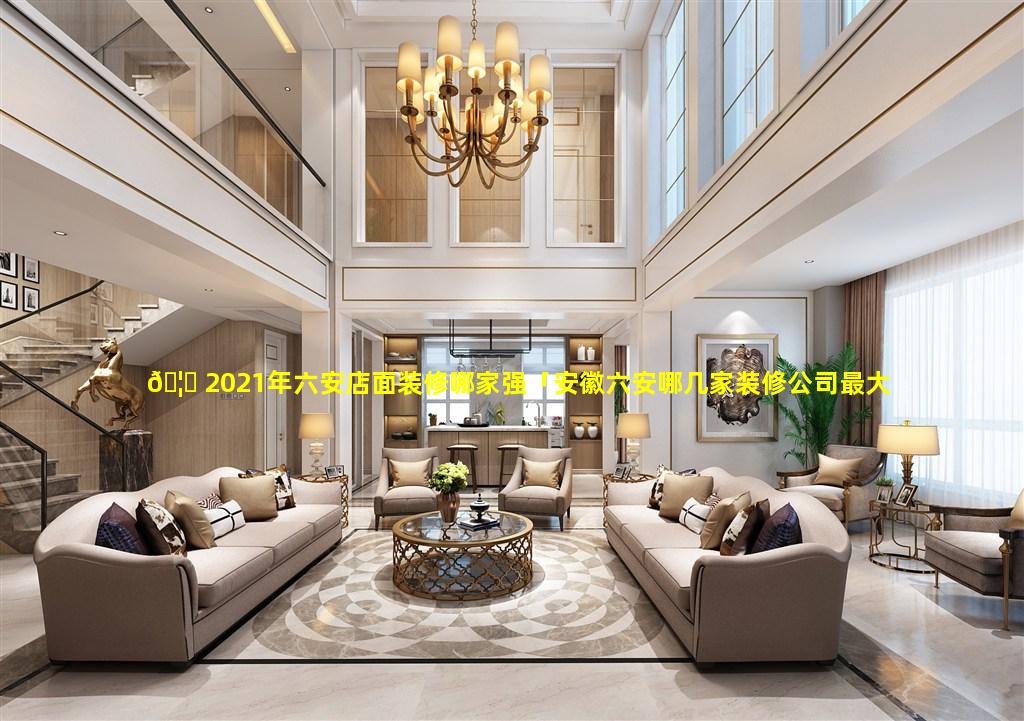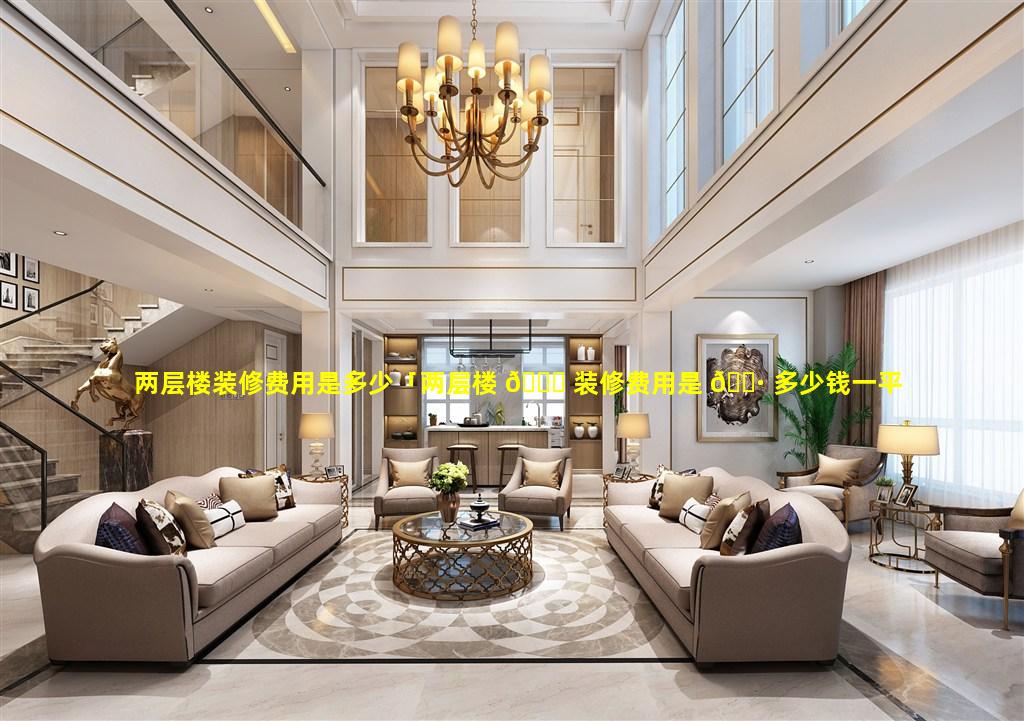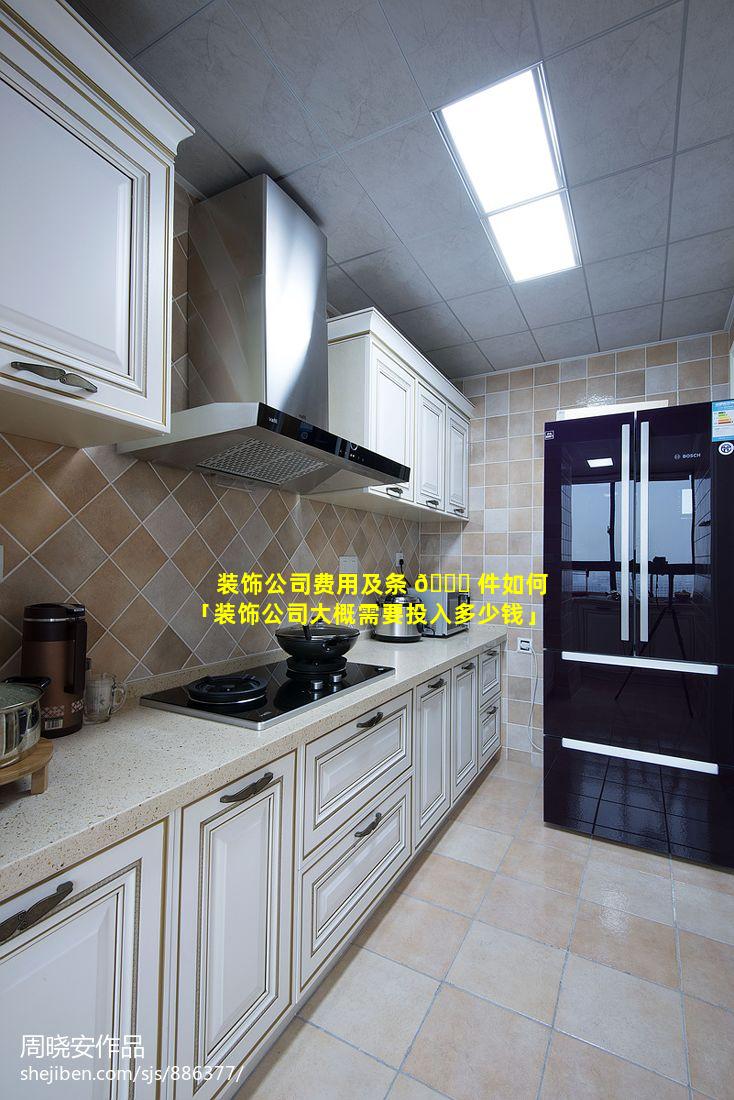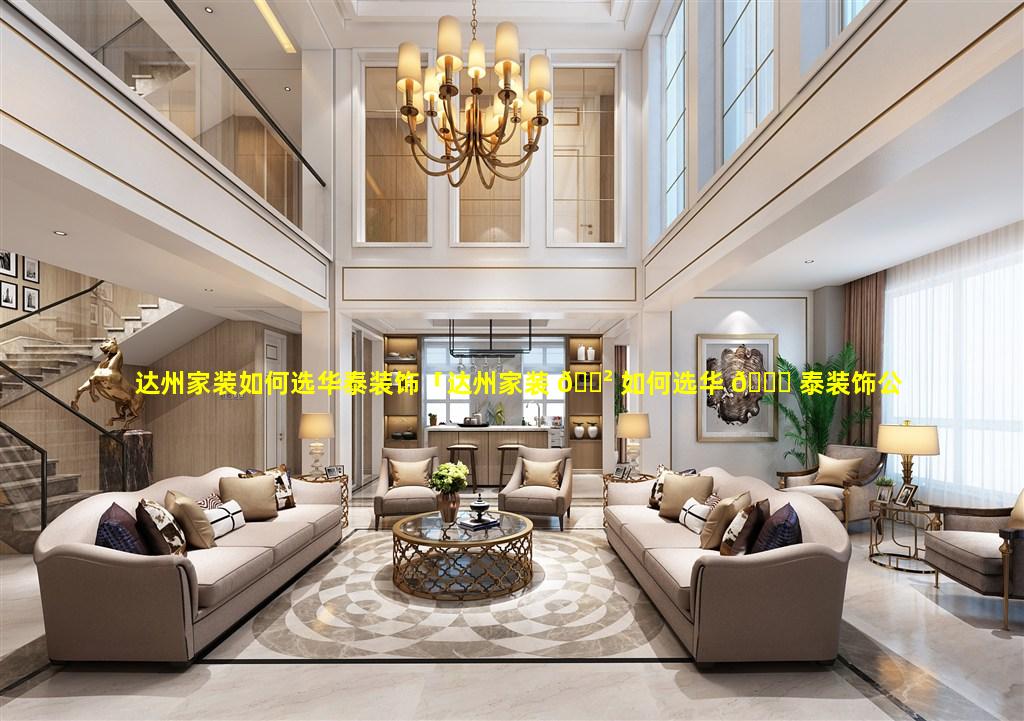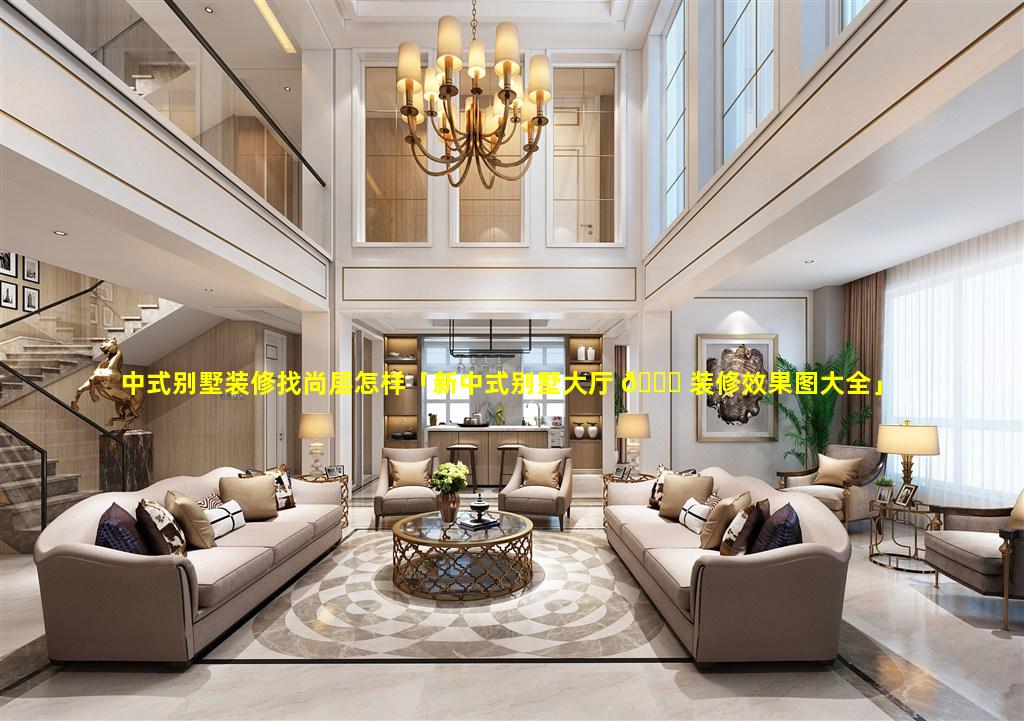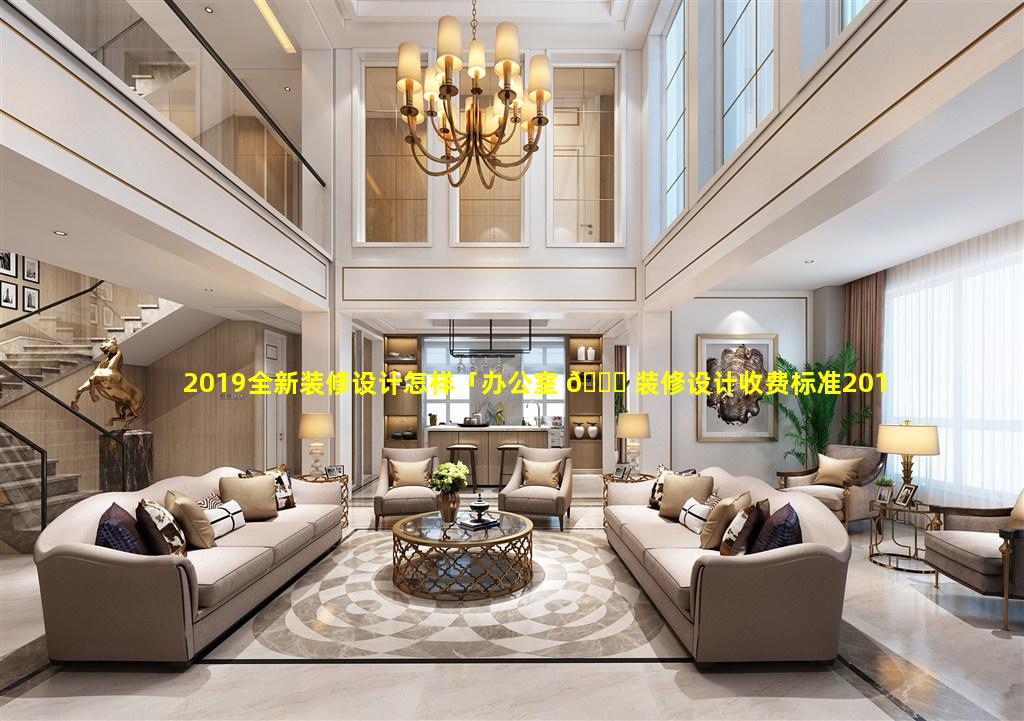1、餐饮声学装修
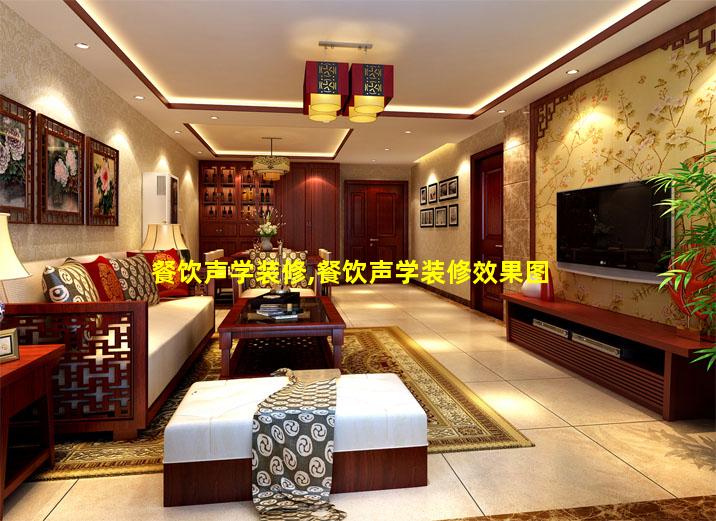
餐饮声学装修
简介
餐饮声学装修旨在优化餐厅内的声学环境,提升顾客就餐体验和员工的工作环境。通过控制噪音、回声和振动,可以创造一个舒适、宜人的声学环境。
声学问题
餐饮场所常见的声学问题包括:
噪音:厨房设备、餐具碰撞、顾客交谈等产生的噪音。
回声:声波在硬表面(例如地板、墙壁和天花板)之间反射,从而造成回声。
振动:厨房设备和重低音音乐会导致振动,影响顾客和员工的舒适度。
声学解决方案
解决餐饮场所声学问题的解决方案包括:
吸音材料:使用吸音材料(例如隔音板、软垫座椅和地毯)吸收声波,减少噪音和回声。
扩散体:安装扩散体可分散声波,防止回声。
浮动地板:安装浮动地板可隔离振动,防止其传播到用餐区。
隔音窗:安装隔音窗可阻挡外部噪音。
优化布局:合理安排空间布局,减少声反射表面。
具体措施
以下是具体的餐饮声学装修措施:
天花板:使用吸音天花板板或声学喷涂。
墙壁:安装隔音墙面或使用吸音壁布。
地板:铺设地毯或浮动地板。
座椅:选择软垫座椅,吸收声音。
窗帘:悬挂窗帘以吸收噪音和阻挡回声。
厨房:隔音厨房设备,使用防振支架。
音乐系统:选择合适的音乐响度和低音频率。
效益
餐饮声学装修可以带来以下好处:
提升顾客体验:营造舒适宜人的声学环境,增强顾客就餐体验。
提高员工效率:降低噪音水平,提高员工沟通效率和专注力。
缓解压力:减少噪音和振动,缓解顾客和员工的压力。
增强品牌声誉:声学舒适的餐厅往往获得更好的评价和回头客。
结论
餐饮声学装修对于优化餐厅声学环境至关重要。通过实施合理的声学解决方案,餐饮场所可以改善顾客就餐体验、提高员工效率并增强品牌声誉。
2、餐饮声学装修效果图
[餐饮声学装修效果图]
说明:
该效果图展示了一个具有声学设计的餐饮空间。以下是关键特征:
声学天花板面板:吸收噪音,减少回声。
墙面吸音板:进一步吸收噪音,同时提供装饰效果。
隔音帘:用于分隔空间,防止噪音传播。
声学悬挂灯:融入声学材料,进一步吸收噪音。
背景音乐系统:在合适的音量下播放,营造舒适的氛围。
隔音门:阻挡来自厨房和其他区域的噪音。
地毯或软木地板:吸收来自走路和其他活动的噪音。
柔和的色调和纹理:有助于分散噪音并营造平静的氛围。
效果:
减少回声和噪音,营造一个舒适的用餐环境。
提高清晰度,使顾客更容易交谈和聆听。
创造一个宁静的氛围,减少压力和改善整体体验。
3、声学装修包含内容
声学装修内容
吸声处理
吸音板安装:用于控制反射声,减少混响时间
软包覆:用吸音材料包裹墙面、天花板和家具
穿孔墙面:允许声波穿过小孔被吸音材料吸收
隔声处理
隔音墙体:由隔音材料构成的墙体,阻挡声波传播
隔音门窗:具有隔音层的门窗,防止声波泄漏
弹性吊顶:通过悬挂在天花板上的弹性材料隔离振动
扩散处理
扩散体:将声波分散成较小的反射波,以减少集中反射
凹凸表面:具有不规则表面的墙面或天花板,散射声波
共鸣处理
共鸣吸收器:由调谐频率的吸音材料制成,吸收特定频率的声波
共振抑制器:通过引入相反相位的声波来抑制共鸣
振动控制
隔振脚:将振动源与地板隔开,防止振动传播
弹性连接:通过使用弹性材料将组件连接起来,吸收振动
阻尼层:在结构中添加阻尼材料,消散振动能量
声场设计
声学建模:预测声场性能,优化材料选择和放置
声学测量:验证声场效果,并根据需要进行调整
其他相关内容
声学材料:具有吸声、隔声或扩散性能的材料
声学测试:评估声场性能的各种测量技术
声学标准:用于指导声学装修设计的行业标准和规定
4、餐饮声学装修图片
in order to meet various acoustic requirements. Acoustic panels can come in different materials, thicknesses, and shapes.
![Acoustic Panels used for sound absorption and diffusion in a restaurant]()
2. Fabric Wall Coverings: Fabric wall coverings are another great way to improve the acoustics of a restaurant. They help to absorb sound and reduce reverberation time. Fabric wall coverings are available in a wide variety of colors and textures, so you can find one that matches the décor of your restaurant.
![Fabric Wall Coverings used for sound absorption and to enhance the aesthetics of a restaurant]()
3. Curtains: Curtains can be used to absorb sound and block out noise from outside. They are a great option for restaurants that are located in busy areas or near noisy streets. Curtains are available in a variety of fabrics and colors, so you can find ones that match the décor of your restaurant.
![Curtains used for sound absorption and to block out noise in a restaurant]()
4. Carpeting: Carpeting is a great way to absorb sound and reduce reverberation time. It is also a comfortable and inviting surface for guests to walk on. Carpeting is available in a wide variety of colors and styles, so you can find one that matches the décor of your restaurant.
![Carpeting used for sound absorption and to provide a comfortable walking surface in a restaurant]()
5. Ceiling Baffles: Ceiling baffles are panels that are suspended from the ceiling. They help to absorb sound and reduce reverberation time. Ceiling baffles are available in a variety of shapes and sizes, so you can find ones that match the décor of your restaurant.
![Ceiling Baffles used for sound absorption and to reduce reverberation time in a restaurant]()
6. Sound Masking Systems: Sound masking systems generate a low level of white noise that helps to mask unwanted sounds. They are a great option for restaurants that are noisy or that have a lot of background noise. Sound masking systems are available in a variety of configurations, so you can find one that meets the needs of your restaurant.
![Sound Masking Systems used to generate a low level of white noise to mask unwanted sounds in a restaurant]()
By using these acoustic treatments, you can create a more comfortable and inviting environment for your guests. You can also reduce noise levels and improve the overall acoustic quality of your restaurant.


